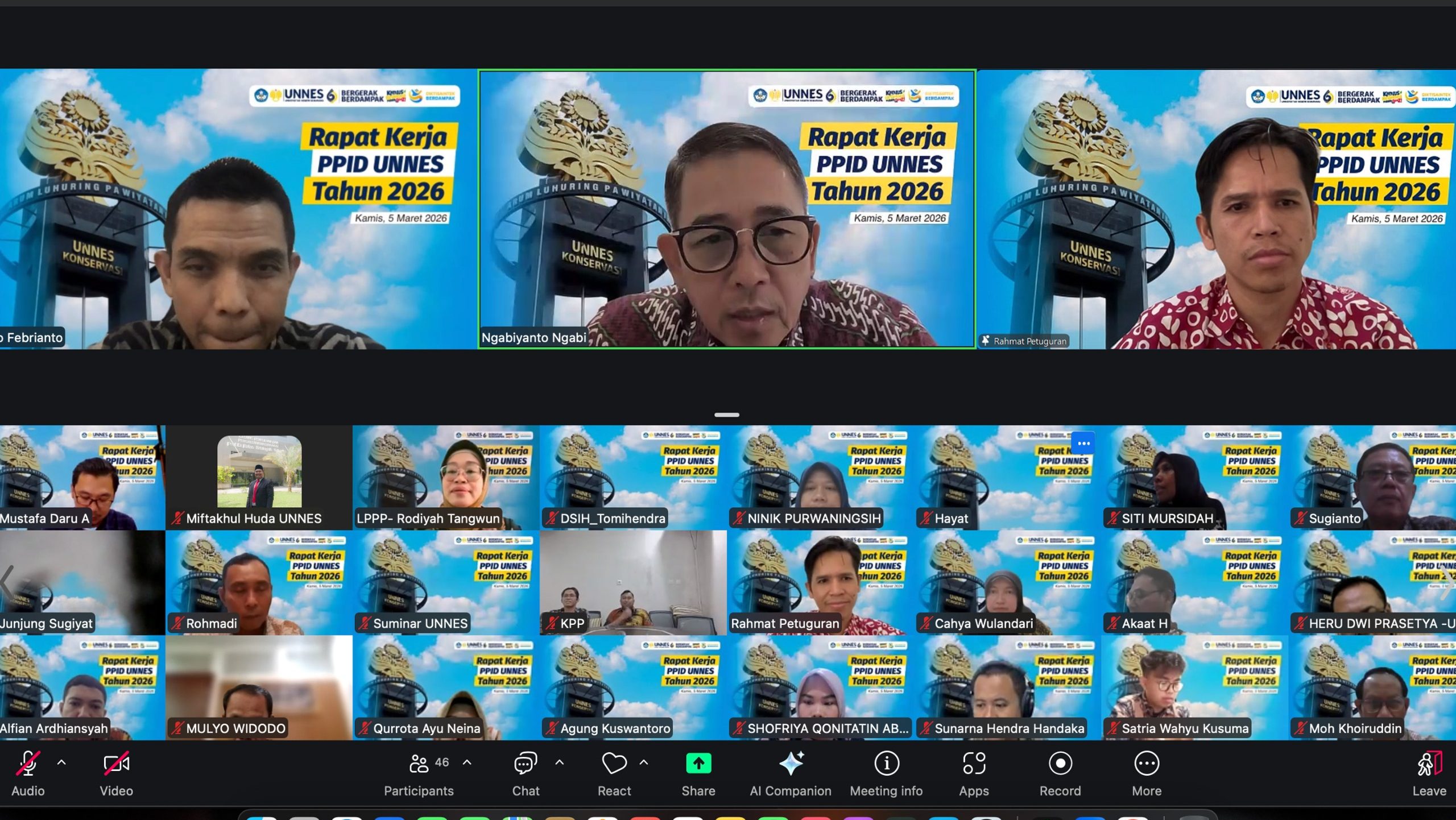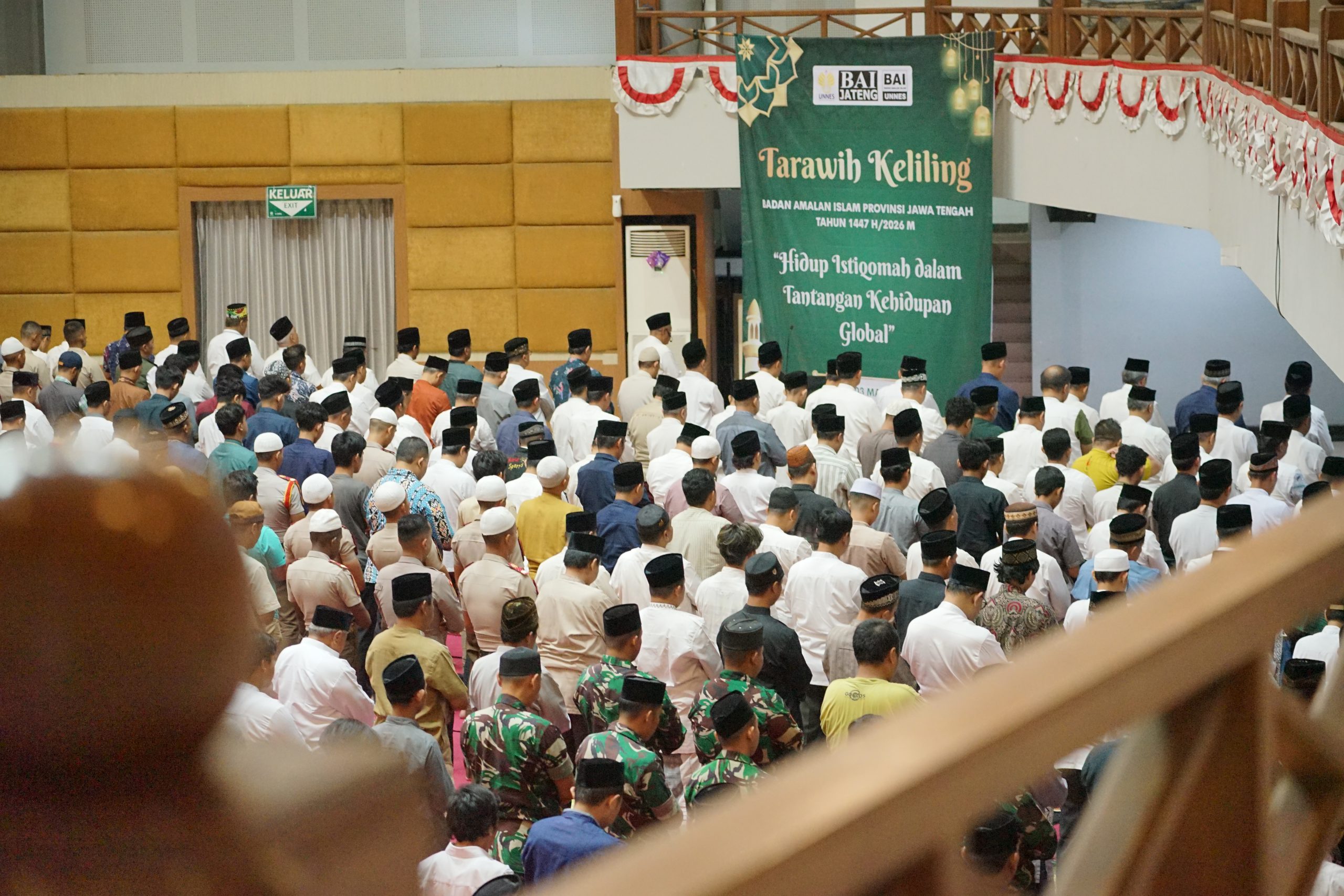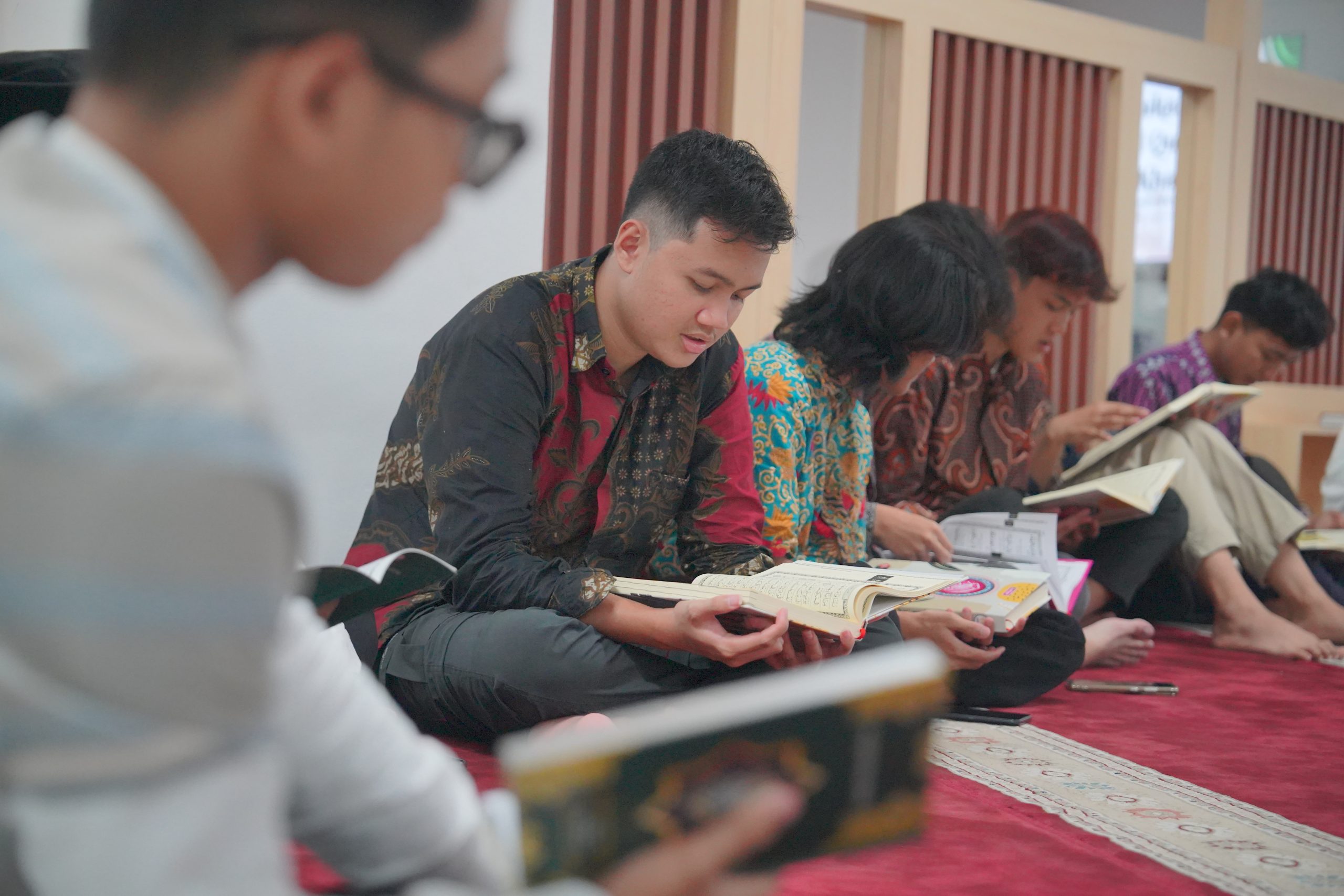Mathematical modeling dan aplikasi matematika menjadi tradisi yang khas dalam pembelajaran matematika sekolah di Jerman. Hal tersebut disampaikan oleh Adi Nur Cahyono, Dosen di Jurusan Matematika UNNES, dalam program PENNA yang disiarkan oleh Radio PPI Dunia (Radio Perhimpunan Pelajar Indonesia Dunia), Sabtu (30/7).
Dalam siarannya, Adi memberikan beberapa contoh mata kuliah yang dapat diikuti oleh mahasiswa calon guru matematika di Institute of Mathematics and Computer Science Education, Goethe-Universität Frankfurt yang berkaitan dengan aplikasi matematika. Misalnya, pada mata kuliah blok di musim panas Alpenseminar – Vermessen in der Geometrie, mahasiswa mendaki beberapa puncak gunung di pegunungan Alpen perbatasan Austria-Jerman, dan mempraktekkan penerapan konsep-konsep geometri untuk memecahkan maasalah yang dihadapi di lapangan.
Dia juga membahas bagaimana Abu ‘r-Raihan Muhammad ibn Ahmad al-Biruni pada tahun 1020 M menggunakan metode exact mathematical computational dalam menentukan arah kiblat. Materi ini menjadi salah satu bagian dari mata kuliah Islamische Mathematics yang membahas tentang matematika selama the Golden Age of Islam.
Tidak hanya perkuliahan, proyek penelitian yang dijalankan di bidang pendidikan metamatika juga terpengaruh oleh tren dan tradisi pendidikan matematika di Jerman, misalnya: Mathe-fussball project, proyek penerapan matematika di dunia sepak bola, dan the MathCityMap-Project, proyek pendidikan matematika luar ruangan yang didukung oleh pemanfaatan mobile technology.
Dalam acara ini, Adi juga membahas penelitiannya, yang menjadi bagian dari the MathCityMap-Project, untuk disertasinya berjudul ‘Learning mathematics in a mobile app-supported math trail environment‘ yang telah berhasil dipertahankan pada tanggal 26 Juni 2017 sehingga dinyatakan layak untuk memperoleh gelar doktor ilmu pengetahuan alam (Dr.rer.nat.) dengan spesialisasi Didactic of Mathematics. Studi doktoralnya di Institute of Mathematics and Computer Science Goethe-Universität Frankfurt am Main, Jerman dilaksanakan dengan beasiswa yang diterima melalui Islamic Development Bank-Universitas Negeri Semarang PhD Fellowship Program.
Siaran program PENNA ini berlangsung selama dua jam, setengah jam lebih lama dari alokasi waktu yang disediakan karena banyak pendengar yang berpartisipasi untuk memberikan pertanyaan dan berdiskusi secara online. Program PENNA (Pengajian Online Uni-Eropa) adalah sebuah program bulanan yang diselenggarakan atas kerjasama antara Pimpinan Cabang Istimewa Muhamadiyah Jerman Raya dan Radio PPI Dunia.
Beberapa pembicara yang pernah mengisi acara ini diantaranya: Dr.ing. Fauzi Bowo (Duta Besar RI untuk Jerman), Ustadz Shamsi Ali (Imam Besar Masjid New York), Ridho Al-Hamdi (Ketua PCIM Jerman Raya), Dr. Rachmat Adhi Wibowo (Peneliti di Austrian Institute of Technology), dan pembicara-pembicara lain yang memberikan kajian sesuai dengan latar belakang bidang atau posisinya).



